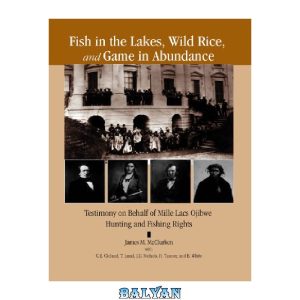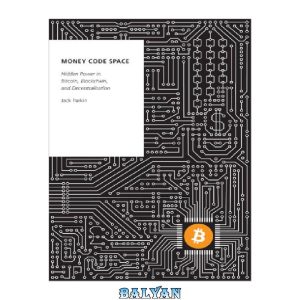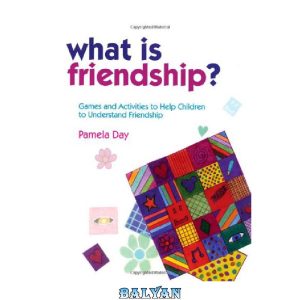While some argue that trade liberalization has raised incomes and led to environmental protection in developing countries, others claim that it generates neither poverty reduction nor sustainability. The detailed case studies in this book demonstrate that neither interpretation is universally correct, given how much depends on specific policies and institutions that determine ‘on-the-ground’ outcomes. Drawing on research from six countries around the developing world, the book also presents the unique perspectives of researchers at both the world’s largest development organization (The World Bank) and the world’s largest conservation organization (World Wildlife Fund) on the debate over trade liberalization and its effects on poverty and the environment. The authors trace international trade rules and events down through national development contexts to investigate on-the-ground outcomes for real people and places. The studies underscore the importance of evaluating trade from a perspective that pays attention to environmental and social vulnerability and understands the linkages between poverty reduction and environmental protection. The lessons drawn provide a critical first step in developing the appropriate response options needed to ensure that trade plays a positive role in promoting truly sustainable development. Academics and students in environmental economics, development economics and agriculture, as well as policymakers and those in development institutions will appreciate this groundbreaking work.
ترجمه فارسی (ترجمه ماشینی)
در حالی که برخی استدلال می کنند که آزادسازی تجارت باعث افزایش درآمد و حمایت از محیط زیست در کشورهای در حال توسعه شده است، برخی دیگر ادعا می کنند که نه کاهش فقر و نه پایداری ایجاد می کند. مطالعات موردی مفصل در این کتاب نشان میدهد که هیچ یک از تفسیرها به طور کلی صحیح نیستند، با توجه به اینکه چقدر به سیاستها و نهادهایی بستگی دارد که نتایج «در محل» را تعیین میکنند. این کتاب با تکیه بر تحقیقات شش کشور در سراسر جهان در حال توسعه، دیدگاههای منحصربهفرد محققان بزرگترین سازمان توسعه جهان (بانک جهانی) و بزرگترین سازمان حفاظت از محیط زیست جهان (صندوق جهانی حیاتوحش) را در مورد بحث آزادسازی تجارت و اثرات آن بر فقر و محیط زیست نویسندگان قوانین و رویدادهای تجارت بینالمللی را از طریق زمینههای توسعه ملی دنبال میکنند تا نتایج روی زمین را برای افراد و مکانهای واقعی بررسی کنند. این مطالعات بر اهمیت ارزیابی تجارت از منظری تاکید می کند که به آسیب پذیری محیطی و اجتماعی توجه می کند و ارتباط بین کاهش فقر و حفاظت از محیط زیست را درک می کند. درسهای استخراجشده اولین گام مهمی را در توسعه گزینههای پاسخ مناسب مورد نیاز برای اطمینان از اینکه تجارت نقش مثبتی در ارتقای توسعه واقعی پایدار بازی میکند، ارائه میکند. دانشگاهیان و دانشجویان در اقتصاد محیط زیست، اقتصاد توسعه و کشاورزی و همچنین سیاستگذاران و کسانی که در موسسات توسعه هستند از این کار پیشگامانه قدردانی خواهند کرد.












نقد و بررسیها
هنوز بررسیای ثبت نشده است.